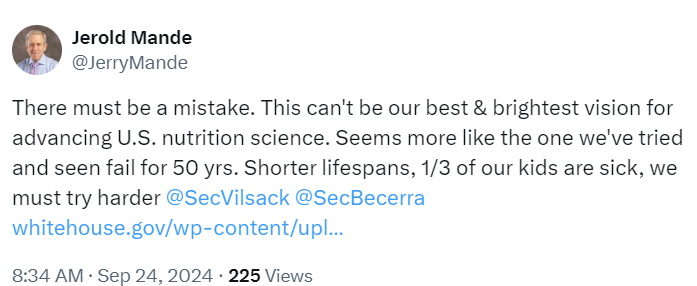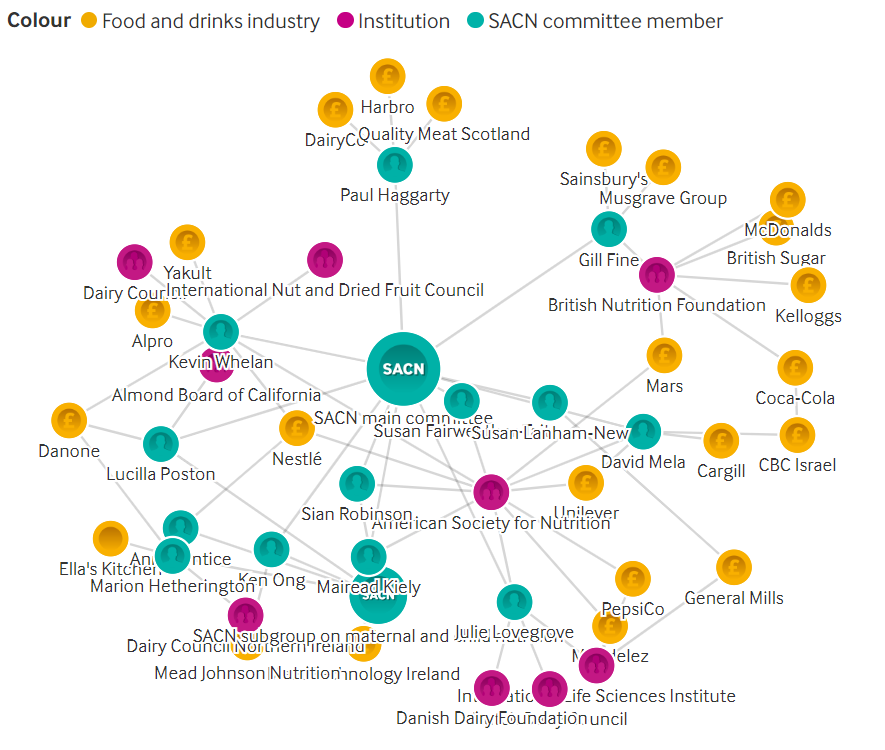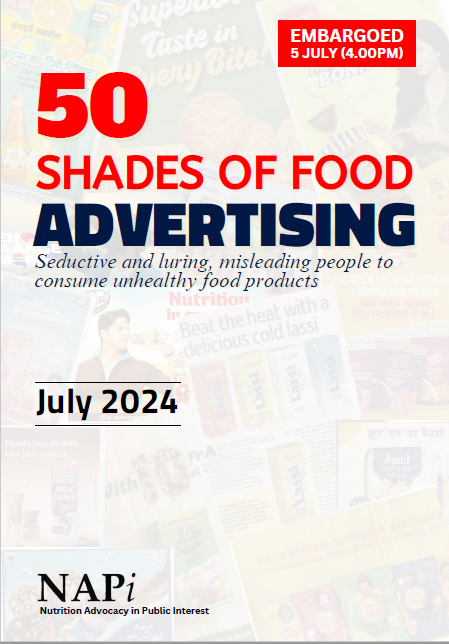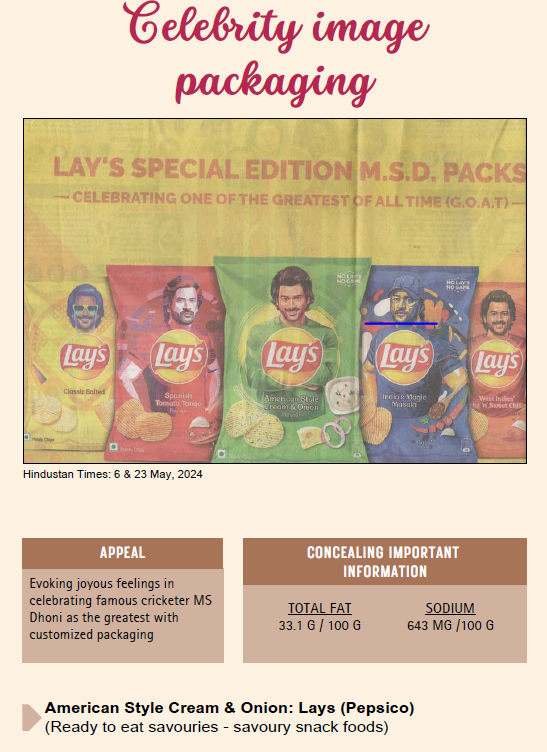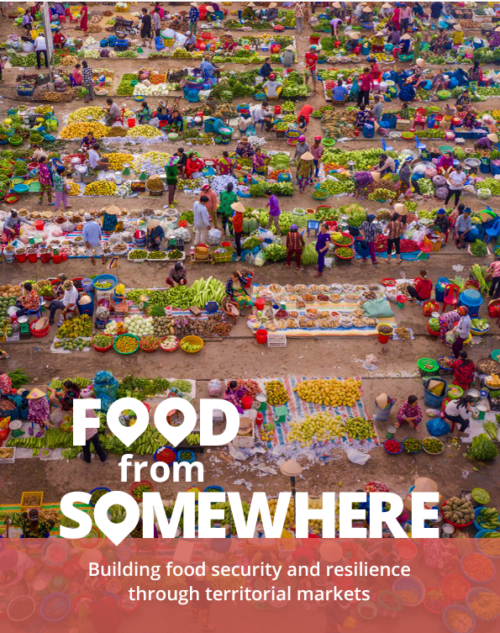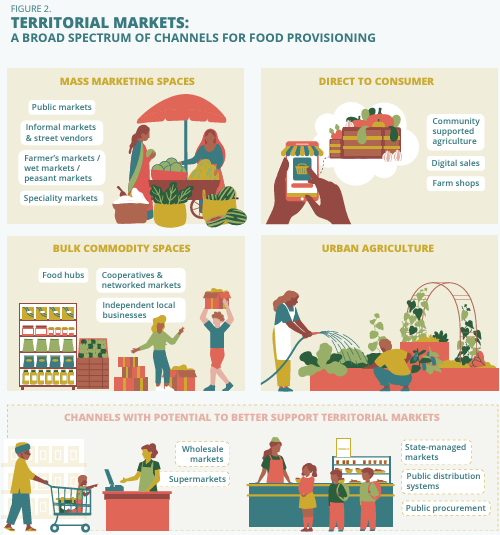Make America Healthy Again (MAHA): Strange Bedfellows Indeed
Politics, as they say, makes strange bedfellows and I cannot get my head around the MAHA hearings last week.
Sen. Ron Johnson, R-Wis., has posted a video of the health and nutrition roundtable he held Monday with Robert F. Kennedy Jr., the former presidential candidate now supporting former President Trump, and others including Vani Hari, the “Food Babe.” He listed participants in a press release.
Vani Hari posted her own video on Twitter (X): “American food companies are making a fool out of us. They are knowingly poisoning us. It’s time for this to stop. Our movement is growing like I have never seen before. It’s going to be historic! This is a clip from my Senate testimony in Washington DC yesterday, watch the whole thing.”
Another Tweet pointed to testimony by Jillian Michaels: “This is one of the best overviews I’ve ever witnessed on how the whole system has been rigged, in what is essentially a ‘bad health by design’ framework As Jillian Michaels says emphatically – People have been ‘sacrificed at the alter of corporate greed.”
This is amazing!
What I find most remarkable is the lack of mainstream nutrition science in this lineup. The speakers are mainly influencers and not among the most recognized nutrition scientists. Nearly all havie some decidedly non-mainstream interpretations of nutrition research and the history of federal nutrition policy.
BUT: They are calling for fixing the food system, doing something to coordinate and address diet-related chronic diseases, stopping corporate power, eliminating conflicts of interest between industry and government, getting toxic chemicals out of the food supply, and doing everything possible to refocus the food environment and dietary advice on health.
Try this: “Ultra-processed foods are the new cigarette for my generation,” said Grace Price, described as an 18-year-old social media influencer.
These are things I’ve been writing about here for years. It’s hard to argue with any of this and I won’t.
But where are my nutrition scientist colleagues?
As Jerry Mande wrote to me, referring to the PCAST report I talked about yesterday:
How did it come to this? We have the nation’s top nutrition scientists afraid to demand action and Senators turning to nutrition influencers for advice. I must admit the influencers did a better job than the WH science advisors stating the urgency of the problem and demanding action.
In Food Fix, Helena Bottemiller Evich described the experience as “rather disorienting.”
I’ve been covering food policy in Washington for 15 years, and I would have never expected this cast of characters to be together in the Senate – and hosted by Republicans, no less. (It was hosted by Johnson, but Sen. Mike Crapo (R-Idaho) also attended. Both said they’d changed their diets to improve their health.) As I noted recently, there is a political realignment happening here. Many of the concerns discussed during this roundtable – lack of food chemical regulation, metabolic dysfunction, pesticide exposure, lack of focus on nutrition in medical school, etc. – were previously common policy fare on the left. That’s all been shaken up by Johnson’s office.
Could it be that we are heading for bipartisan support for addressing epidemic obesity and diet-related chronic disease?
If so, it’s about time and I”m all for it.
But the mind boggles.

